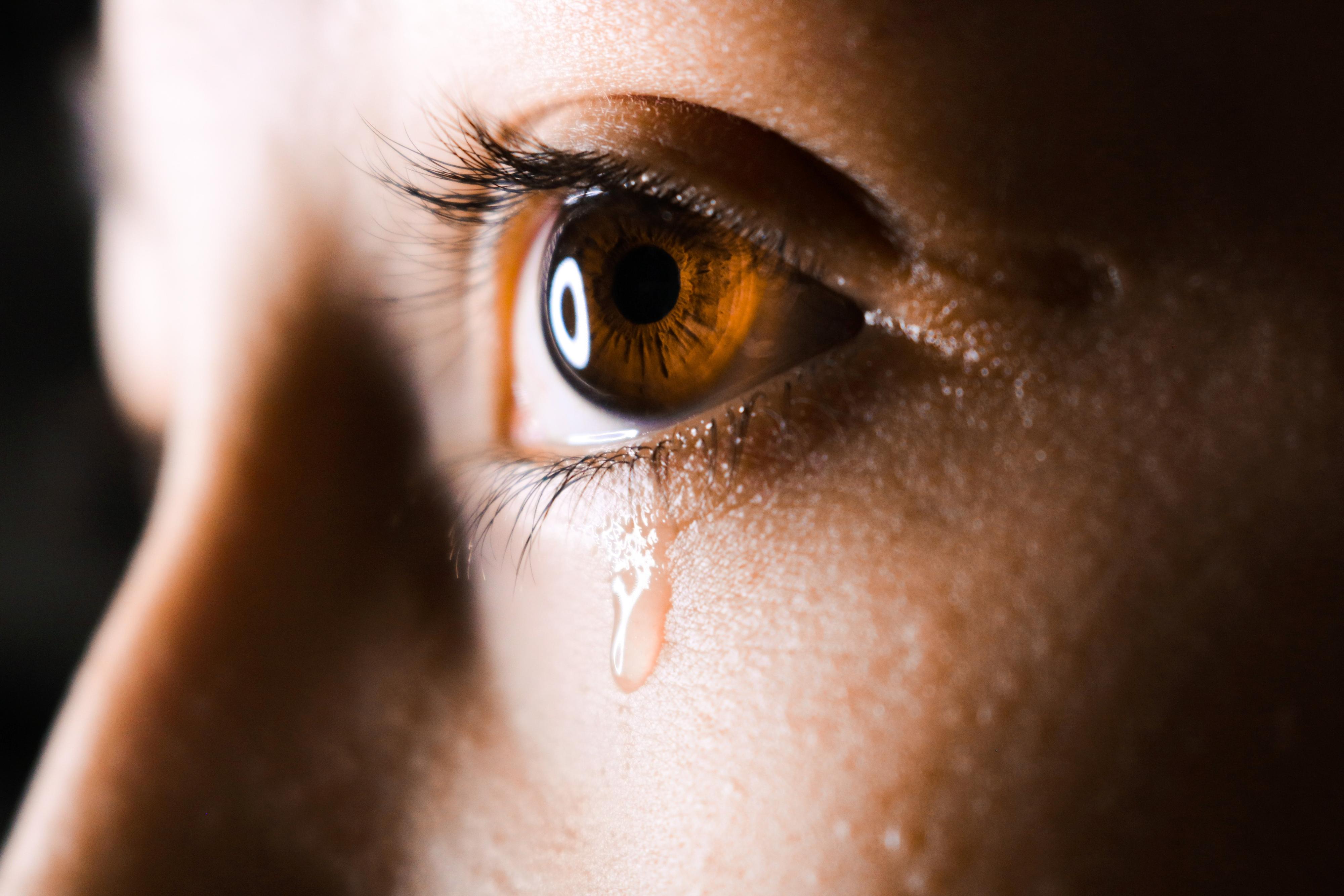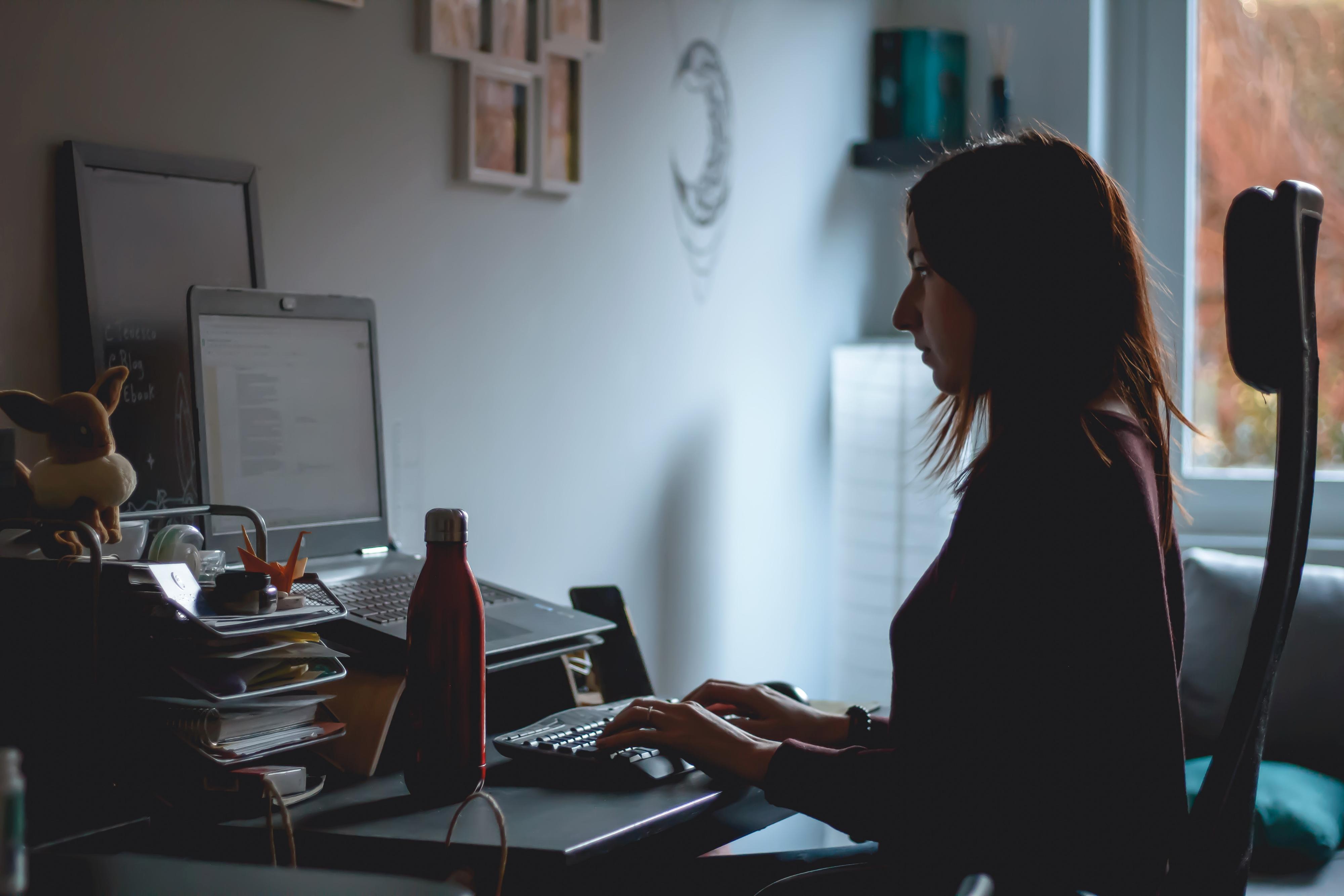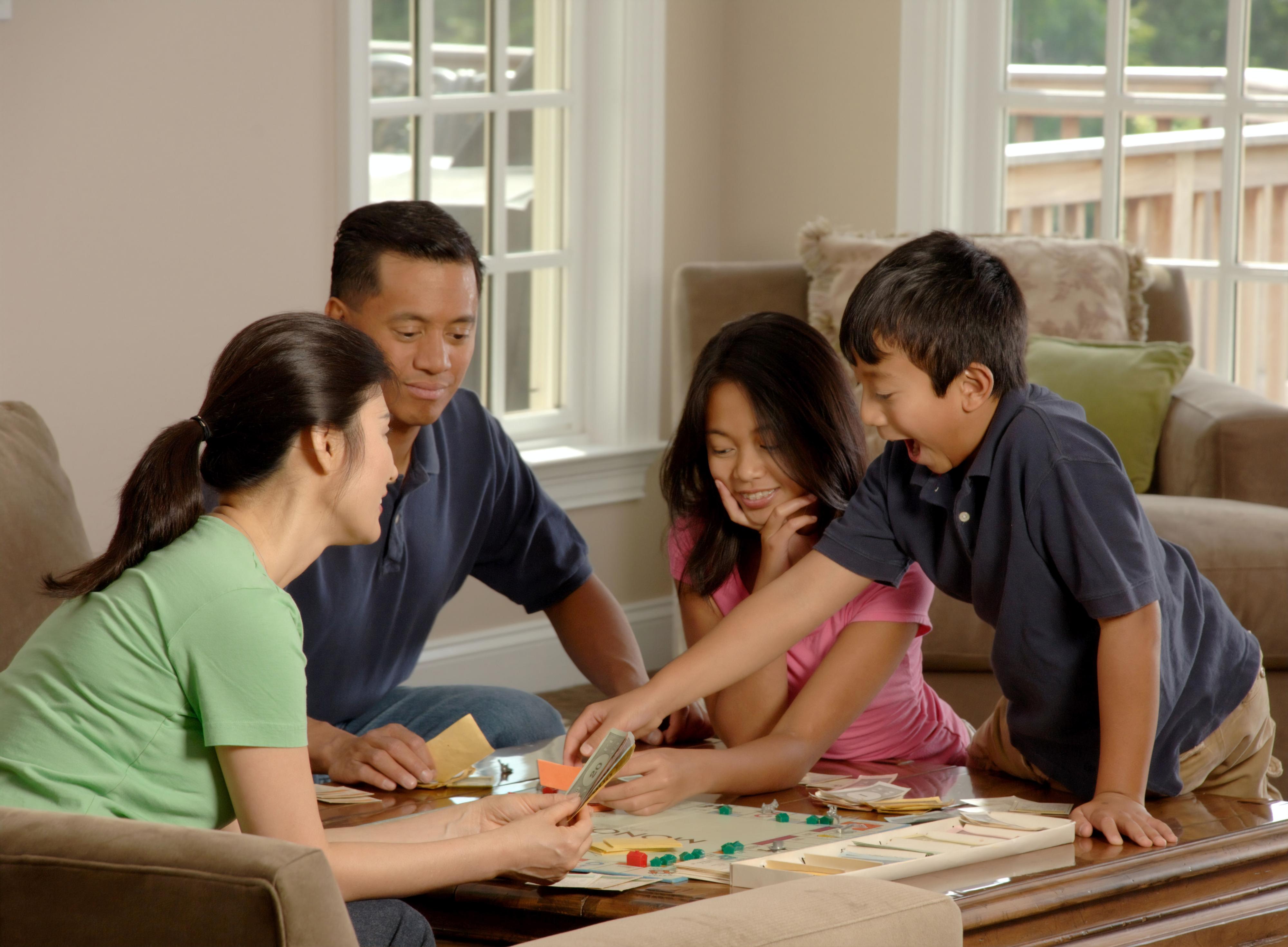
-
Mar30Mon
Put on Your Oxygen Mask First: Emotional Health and Safety during a Pandemic
March 30, 2020
If you’ve ever flown on an airplane, you might recall hearing the flight attendant say the following words as part of health and safety procedures before takeoff: “In the unlikely event of an emergency, oxygen masks will automatically appear in front of you. Place it firmly over your nose and mouth, and breathe normally. If you’re traveling with a child or someone who requires assistance, secure your mask first and then assist the other person.”To many, these words might seem rather counterintuitive: saving and caring for ourselves first sounds selfish. But, in reality, if you run out of oxygen yourself, you won’t be able to help those around you.
This principle turns out to be applicable to many other aspects of life –even this pandemic. For parents, caregivers and essential care workers especially, it may seem like your primary role today is to make sure those who are vulnerable are protected from the virus and taken care of during this outbreak. But it is of utmost importance that your own emotional health is protected in this process, too. By exercising due diligence when it comes to your own mental state, you will be able to more effectively care for the vulnerable in your care.
Why Emotional Health?
The truth is, as the world scrambles to prepare and adjust to life in the days of the COVID-19 outbreak, many individuals, communities and organizations are at a loss when it comes to managing emotional health. While health precautions involve a clear set of tasks and actions –like self-isolating, washing hands, stocking up cupboards, etc. –emotional preparedness seems to be a largely vague notion in these times. Where even to begin?
We are now juggling many new and unexpected responsibilities. Families are required to self-isolate in close quarters; parents must manage working remotely whilst overseeing childcare and perhaps homeschool; essential workers face psychological strain in high-stress work environments; many find themselves drowning in financial pressures or fearing for their job security or the wellbeing of their businesses; others worry about the wellbeing of elderly relatives, immunocompromised friends, etc. For many, the first day of self-isolation might have seemed novel and exciting –their minds brimmed with ideas of creative activities to be done with their kids or house projects that could be tackled. A couple weeks in, however, the impatience grows. Our stress levels seemingly skyrocket as we must manage many obligations with so much uncertainty about what’s ahead. Indeed, we all have little to no idea when this new reality will all end.
As mentioned, emotional health is one of the key ways we keep others safe during this pandemic. The reality of a public health emergency can induce much anxiety and stress for many, notably those who are vulnerable to the virus or who have a loved one who is. We at Plan to Protect® recognize the emotional strain COVID-19 might trigger on those with pre-existing medical conditions, the immunocompromised, low-income communities, the recently unemployed, those separated from family members and friends, those who have recently travelled, and others. However, though anxieties are well warranted and sometimes inevitable, we must learn to establish personal and social parameters to maintain our emotional health and reduce our stress. In doing so, we can better cope through COVID-19 as a global community. Failing to prioritize our emotional health at this time puts at risk our wellbeing and that of those in our care. How so?

Emotional Health Protects Those in our Care
When stress levels and anger go unchecked, the risk of mistreatment increases. Inappropriate forms of discipline can take place when a parent or caregiver finds him/herself utterly beaten by the uncertainty and responsibilities of these times. Likewise, a key principle for good supervision emphasized by Plan to Protect® is: risk increases as isolation increases. Self-isolation is a necessary precaution that is of utmost importance during the pandemic: but the reality is that this procedure also shuts the door of homes where abuse occurs. It prevents at-risk children and youth from spending their days with educators and youth workers who would otherwise act as watchdogs or reporters of abuse.
With governmental directives to stay home amid the crisis, a spike in cases of child abuse and domestic violence is, regrettably, expected. Across Canada, provincial officials have issued announcements calling for the public to remain vigilant and keep an eye out for the welfare of children and women in potentially abusive situations. They emphasized the importance of reporting any suspicions of abuse they may have.
Moreover, mental health concerns such as anxiety or depression, which can be spurred by crises such as COVID-19, can be conduits to neglect as well. They can cloud our ability to function and fulfill our responsibilities as caregivers at this time. Yet, in order adequately protect our children from the spread of the virus, online dangers in this time of increased screen time, and their own anxieties (etc.)… we must make it a priority to be healthy as well.
Beyond keeping your eyes open and reporting suspected cases of abuse in your communities, ask yourself how you are ensuring the wellbeing of the vulnerable (children, youth, vulnerable adults) in your own household. While we recognize that emotional health is not the essence of abuse prevention, it plays a key part. Plan to Protect® extends the following caution to parents and caregivers: your own stress and frustrations must be diligently managed. When our emotional health is neglected in times of pressure, inappropriate discipline and stress-induced interactions with the vulnerable in our care can happen in our own homes. But remember you aren’t alone in this endeavor! We have compiled a list of tips on how to protect your emotional health during COVID-19.

Ways to Support your Emotional Health during COVID-19
1. Get Help if Needed
Widespread layoffs, economic hardship, extended isolation, uncertainty and emotional distress caused by COVID-19 are said to increase the risk of self-harm and suicide. If you want to harm yourself or others (or fear that someone you know will harm themselves or others), call 911.
If you or someone you care about is overwhelmed with emotions such as sadness, grief, depression or anxiety right now, reach out to a physician or mental health professional, or call a local or national crisis services hotline (see links below). If you generally take medication to help your mental health, continue to do so and ask a trusted someone in your entourage to hold you accountable to do so.
Keep an eye out for psychosomatic symptoms/complaints in yourself or others. These are generally physical symptoms caused by mental or emotional disturbances –like headaches, nausea, abdominal pains, fatigue, etc. Please take these seriously, and get the help needed. Many medical centers are now providing telemedicine, online assistance programs, free mental health resources (with volunteer professionals) during this time. Consider reaching out to them.
Find more information/ numbers to call here:
CANADA: click here
UNITED STATES: click here
2. Establish a routineFor most (if not all) of us, COVID-19 has meant the disruption of our lives. One of the ways we support ourselves is to set daily rhythms so there are some things we can count on in times of uncertainty. Doing so helps bring a sense of normalcy to your days, and reduces mental fatigue. While binge-watching in pyjamas all day might be tempting, increased screen time and lack of patterns or schedule are said to increase depressive symptoms. Simple actions such as setting your alarm at a normal time, taking a shower, eating regularly, dressing as you usually would for work, taking breaks if you are remotely can make a world of difference.
3. Limit screen timeSpeaking of binge-watching, set boundaries with screen time. Social distancing has meant an exponential increase of time spent online – but being plugged in too much can have detrimental effects on our mental and emotional health. Many studies suggest that compulsive media use can lead to elevated fatigue, anxiety and depression. Set timers on your social media accounts, delete apps if needed, and put your phone away by a certain time. It is very enticing to numb emotions in the world of TV shows and movies, but remember that doing so affects sleep patterns, causes distractibility and fuels a sense of loneliness. Set sustainable boundaries!
4. Limit your intake of news
Media channels are currently providing a veritable deluge of information. While we are deeply thankful for the tireless work of journalists and news organizations seeking to provide the public with regular updates pertaining to the pandemic, the onslaught of headlines can be stressful and consuming. For this reason, limit your exposure to the news and only seek to rely on credible sources of information like local/ national Public Health officials, the World Health Organization, and the Centers for Disease Control and Prevention.
5. Stay Socially ConnectedEmotional health does not thrive in isolation and loneliness. While face-to-face coffee dates and outings with friends are not possible at this time, set up regular video chats and phone calls with loved ones. Be creative! While keeping in mind your limits to screen time (point 3), set up a virtual dinner party, create a book club with friends, work out via Skype, Facetime or Zoom. Do not walk this road alone.
6. Take care of your body
Taking care of your body is a great way to protect your emotional health. Get plenty of sleep (adults generally need 7 to 9 hours of sleep per night!), stay active through regular exercising (consider stretching every day or trying a workout video available online) and eat well-balanced meals. Consider taking on stress-releasing activities such as breathing exercises and meditation. Avoid alcohol and drugs. Our bodies are complex organisms, but medical professionals agree that your physical and emotional health are highly linked.
7. Go outside!If you are symptomatic or under quarantine, you cannot leave the house. But if you are practicing social distancing and officials in your area suggest you are allowed to go outside (whilst abiding by mandated safety and health precautions), take the opportunity to go for a walk. Walks are known to relieve stress and anxiety. Please keep in mind that you should only do so with members of your own household, to avoid the spread of the virus. Enjoying nature and lungfulls of fresh air is a great way to relax and stay sane during COVID-19. In the process, please make sure to maintain physical distance and heed to the guidelines of health officials.
8. Make a COVID-19 Bucket ListEstablish a list of things you want to do during the pandemic. Doing something you enjoy every day will help you unwind during this stressful crisis. Organize an indoor campout with your family; play board games; take up a new skill; tackle a house project you’ve been meaning to do; bake a batch of cookies; read a book. While these are very difficult times, try to the best of your ability to make them memorable for your household.
---Self-isolation and social distancing can pose massive challenges to mental and emotional health. Plan to Protect® hopes these practical tips can help you and members of your community support themselves during COVID-19, so they can ensure the safety of both themselves and those in their care.
In all of this, remember to check on one another. Make sure to check-in frequently on members of your community who are at-risk for emotional trauma at this time, who live alone, or who live with mental health issues. Because access to doctors and therapists might look different right now, reaching out is very helpful. Offer to help them with their basic needs when possible, such as their groceries or over-the-counter products. Ask them if they have everything they need, or if they would like your “virtual” company for an afternoon.
We must all be vigilant in ensuring fear, anxiety and overwhelm is addressed adequately –both in ourselves and in those around us. Coping healthily with the stress induced by this crisis will play an important role in getting through this time, keeping in mind the dignity and safety of all.




Comment
On Friday, April 3, 2020, Bonita Hannesson said:
Leave a Comment